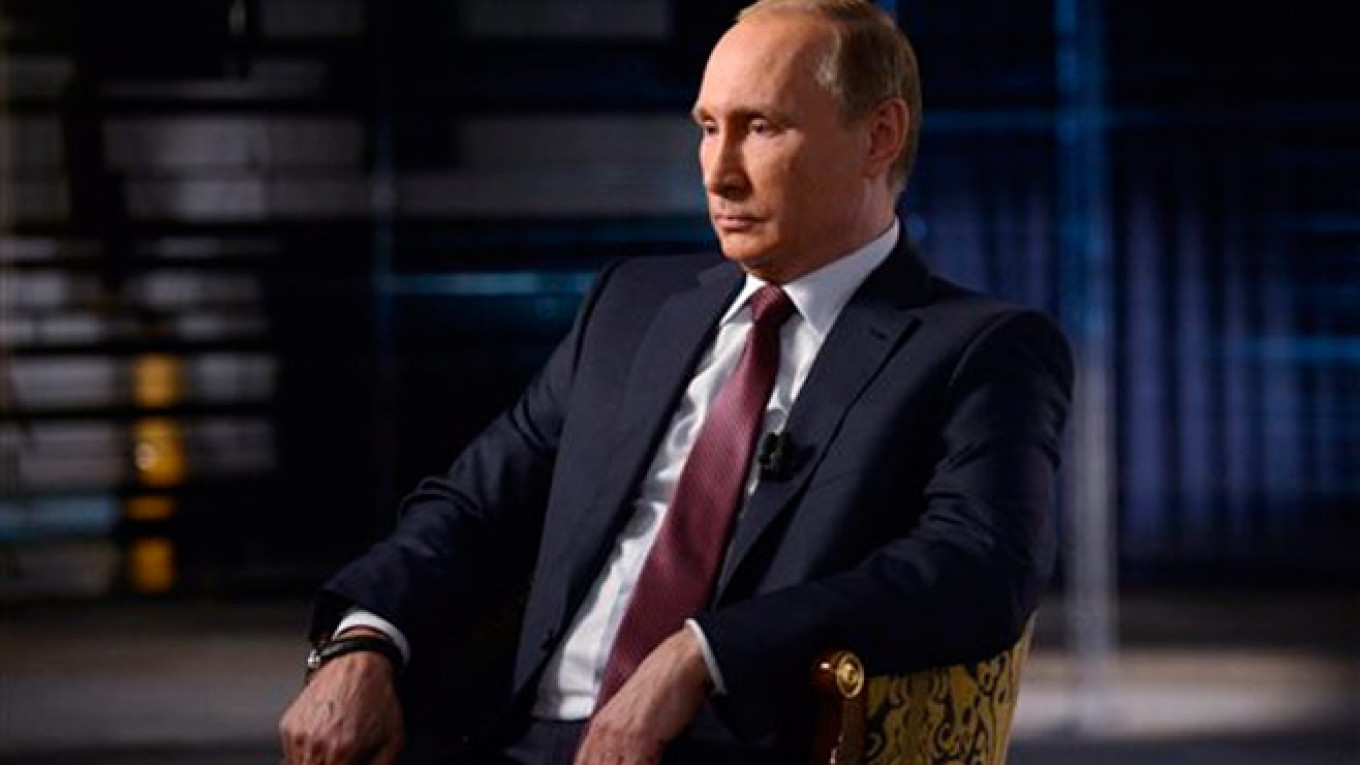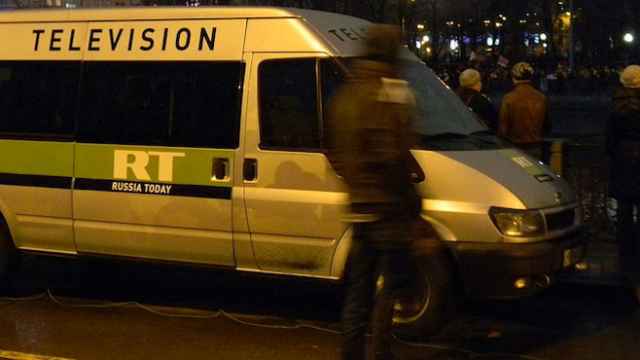Even such exciting foreign policy news as Russia's intervention in the Syrian civil war does nothing to help the condition of this country's economy. To the contrary, even prior to 2014, Russia spent an inordinate amount on military expenses and for the country's "security" — in the broad sense of the word. And now that military action "justifies" otherwise pointless and nonproductive expenses, it has become even more difficult to reduce outlays for weapons production.
It was clear 30 years ago that the Soviet economy could not cope with the burden of excessive military spending. However, leaders refused to cut those expenses until an economic disaster hit and those outlays — along with all others — were drastically reduced. And it is just as wrong to blame those who were in power at the time as it would be to blame an emergency room physician for the death of a patient who had led an unhealthy lifestyle for decades.
Neither does the economy receive a boost from cultural news. News that prominent Russian-language writer Svetlana Alexievich won the Nobel Prize for literature cheered those who cherish Russian literature, but it only deepened the paranoia of those who believe the award is given for political reasons and that foreign forces have spawned the recent rash of civil wars and revolutions.
Hopefully, interest in this year's Nobel laureate will prompt some people to read her book "Zinky Boys," which draws on testimonies from families whose sons returned from the war in Afghanistan in zinc coffins. Those who do not see anything outrageous about fighting a war in the middle of a deep economic crisis might benefit from reading a book that brings home the severity of the war losses this country suffered 30 years ago.
Might things stand differently with sporting achievements? After three consecutive wins, the Russian national football team is close to winning a spot in the Euro 2016 championship games. That is all great news, but it does nothing to help the economy.
The economy is expected to contract by a whopping 3.5 to 4 percent in 2015 against bad, but not overly serious inflation of 15 percent. What's more, experts from the World Bank, International Monetary Fund, investment banks, government agencies, the Finance Ministry, Economic Development Ministry and the Central Bank — all predict the same thing: another year of moderate economic decline followed by a slight recovery and then stagnation for the foreseeable future.
Of course, if the price of oil increases by 50 to 100 percent as it did in the second half of 2009, Moscow might avoid recession in the coming years. However, the government must implement substantial reforms if it hopes to ensure economic growth that improves well-being across the board and not only for weapons manufacturers, and to guarantee that growth is sustainable and not dependent on the price of oil.
However, not only are the authorities neglecting that task, but they have stopped even talking about the need for privatization and deregulation or about ending corruption. That will happen, if it happens at all, only after a new leader and a new administration comes to power. But even now it would be possible to do something to stop the decline, reduce inflation and ease the burden on the Russian people. Moscow could lift the restrictions on imported food, end its ridiculous rhetoric about "import substitution" and begin normalizing relations with trade partners.
I think I made the same suggestion in this column before — at least five times over the past year. But I will have to keep on making it because the news on other fronts is not helping in the least on the economic front.
Konstantin Sonin is a professor at the University of Chicago Harris School of Public Policy Studies and the Higher School of Economics in Moscow.
A Message from The Moscow Times:
Dear readers,
We are facing unprecedented challenges. Russia's Prosecutor General's Office has designated The Moscow Times as an "undesirable" organization, criminalizing our work and putting our staff at risk of prosecution. This follows our earlier unjust labeling as a "foreign agent."
These actions are direct attempts to silence independent journalism in Russia. The authorities claim our work "discredits the decisions of the Russian leadership." We see things differently: we strive to provide accurate, unbiased reporting on Russia.
We, the journalists of The Moscow Times, refuse to be silenced. But to continue our work, we need your help.
Your support, no matter how small, makes a world of difference. If you can, please support us monthly starting from just $2. It's quick to set up, and every contribution makes a significant impact.
By supporting The Moscow Times, you're defending open, independent journalism in the face of repression. Thank you for standing with us.
Remind me later.






